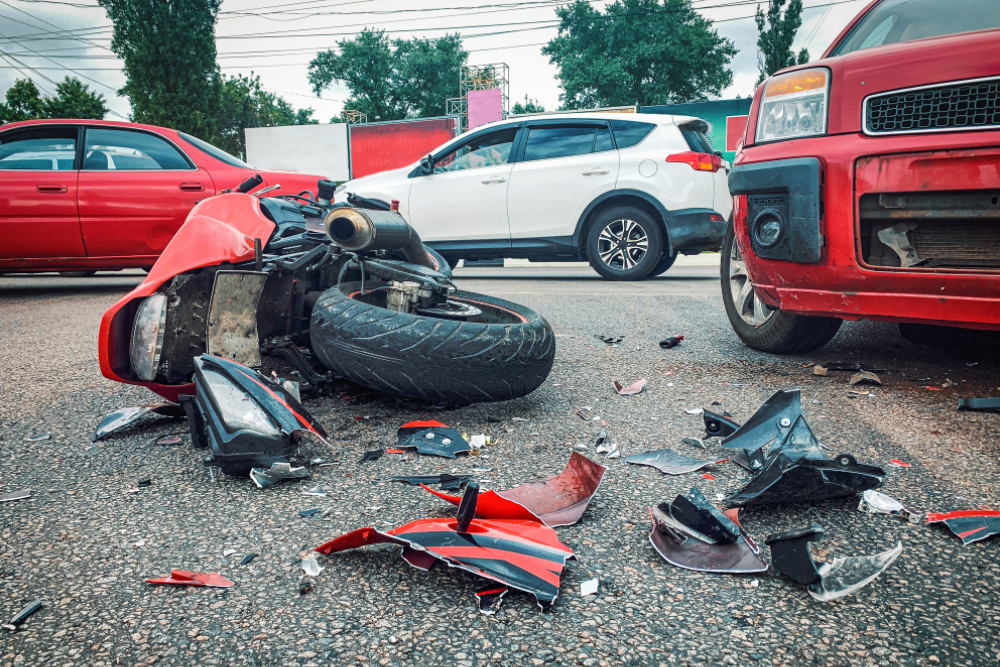August 23, 2024
Categories: About Wagner, McLaughlin & Whittemore
Wagner, McLaughlin & Whittemore is proud to announce that six of our attorneys have been recognized in the 2024 edition of Best Lawyers, highlighting their dedication and excellence in representing plaintiffs in civil litigation and personal injury cases. The following...
Continue Reading


November 30, 2023
Categories: Personal Injury, Uncategorized
Read More

November 14, 2023
Categories: Personal Injury, Uncategorized
Read More

October 14, 2023
Categories: Personal Injury, Uncategorized
Read More

September 30, 2023
Categories: Personal Injury
Read More

September 14, 2023
Categories: Uncategorized
Read More

August 14, 2023
Categories: Personal Injury, Uncategorized
Read More